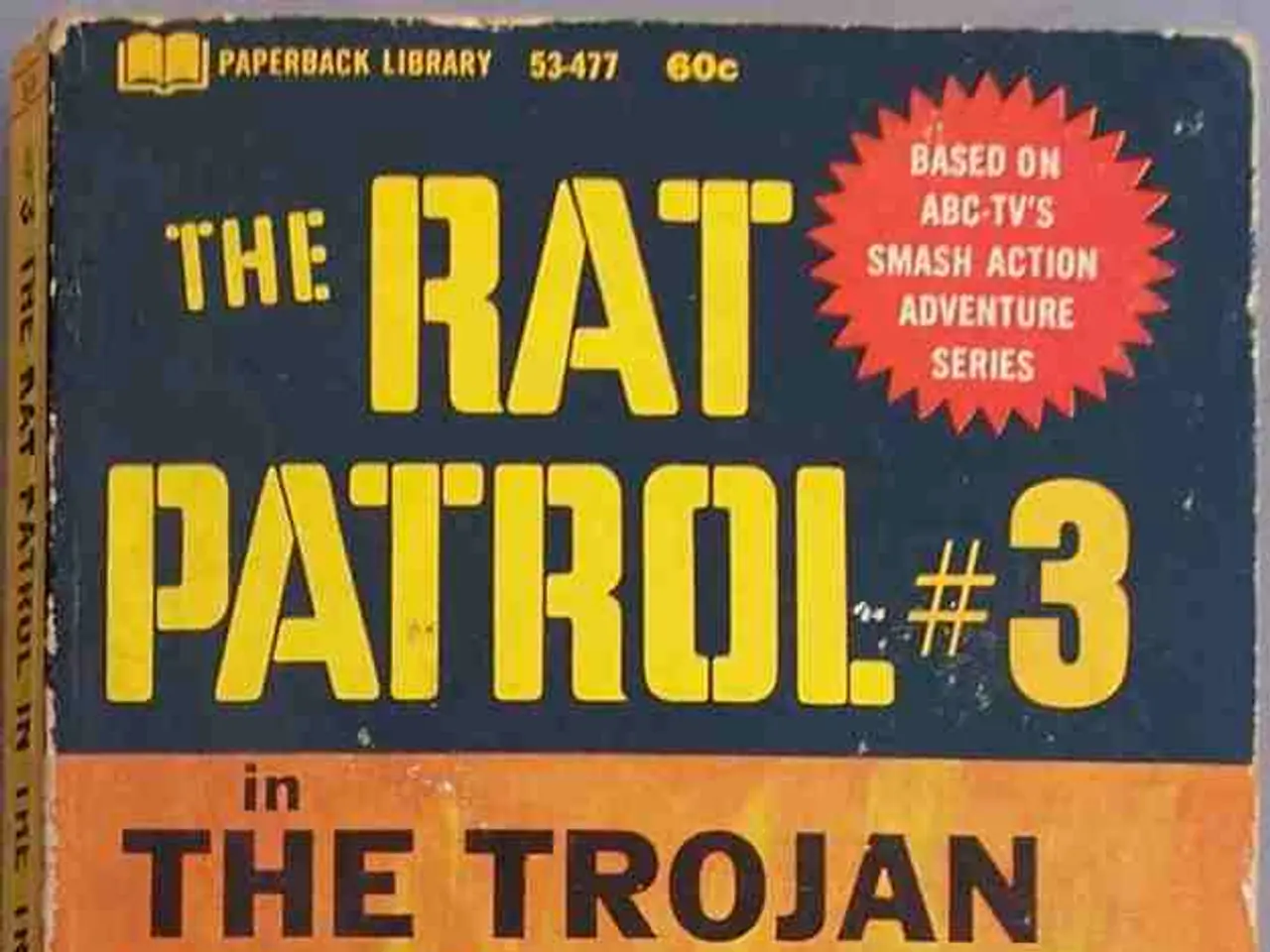Lebanese President Aoun affirms Lebanon's stance against foreign meddling during discussions with an Iranian government representative.
In a recent visit to Beirut, Ali Larijani, the Secretary of Iran's Supreme National Security Council, reaffirmed Tehran’s unwavering support for Hezbollah, opposing Lebanon’s government decision to disarm the group and reassert the state's exclusive control over weapons.
President Nawaf Salam of Lebanon, however, insists on implementing the cabinet’s plan, which directs the Lebanese army to prepare a disarmament plan for Hezbollah by the end of 2025. Lebanon rejects foreign interference, including from Iran, and stresses that no group should maintain weapons independent of the state.
The political situation between Iran and Lebanon remains tense and contentious. Lebanon's President, Michel Aoun, met with Larijani and reiterated his country's rejection of foreign interference, particularly from Iran. Aoun emphasized that such support must be channeled through Lebanese state institutions, not directed to any specific party or sect.
Hezbollah, an Iran-backed group, has strongly opposed disarmament and warned of possible mass protests and confrontation if pressured to relinquish arms. Hezbollah’s deputy secretary-general, Naïm Kassem, made statements perceived by some Lebanese politicians as veiled threats of civil war, further heightening internal political tensions.
Larijani, during his visit, proposed the creation of a fund to rebuild areas damaged by Israeli aggression and expressed Iran's willingness to contribute to it. He also advised preserving Hezbollah, stating it stands up to Israel and has deep strategic thinking.
Hezbollah supporters waited on the road to Beirut airport for Larijani’s arrival, chanting anti-American slogans and rejecting "humiliation." Larijani held two extensive meetings at the Iranian embassy in Beirut, one with Lebanese religious and political figures and another with Lebanese and Palestinian parliamentary, political, and party figures.
Aoun stated that it is not allowed for any party to bear arms and use foreign backing as leverage against another Lebanese. He also stressed that the unity of the Lebanese people is the best way to overcome any challenges coming from Israel or other parties.
A political source close to Larijani in Beirut stated that Iran seeks equal relations with Lebanon, after treating it as an extension of its regional axis. Aoun noted that relations between the two countries should not be through one sect or one Lebanese component, but with all Lebanese.
The standoff risks destabilizing Lebanon’s fragile sectarian balance and raises fears of renewed internal conflict or wider regional escalation. The Lebanese government emphasizes sovereignty, with Salam declaring that decisions on war, peace, and security reside solely in Beirut, not Tehran or elsewhere.
- The middle east news is abuzz with the latest political developments in Lebanon, as the country grapples with the potential disarmament of Hezbollah, an Iran-backed group, a decision met with vehement opposition by the group and its supporters.
- As war-and-conflicts and politics continue to dominate the general news in the east, Lebanon finds itself at a critical juncture, with both Iran and its government advocating for conflicting positions regarding Hezbollah's possession and use of weapons.
- Amidst this tense situation, Lebanon's President, Michel Aoun, has called for all parties to refrain from maintaining weapons independent of the state, aiming to preserve the country's stability and unity, and prevent a resurgence of internal conflict or wider regional escalation.





